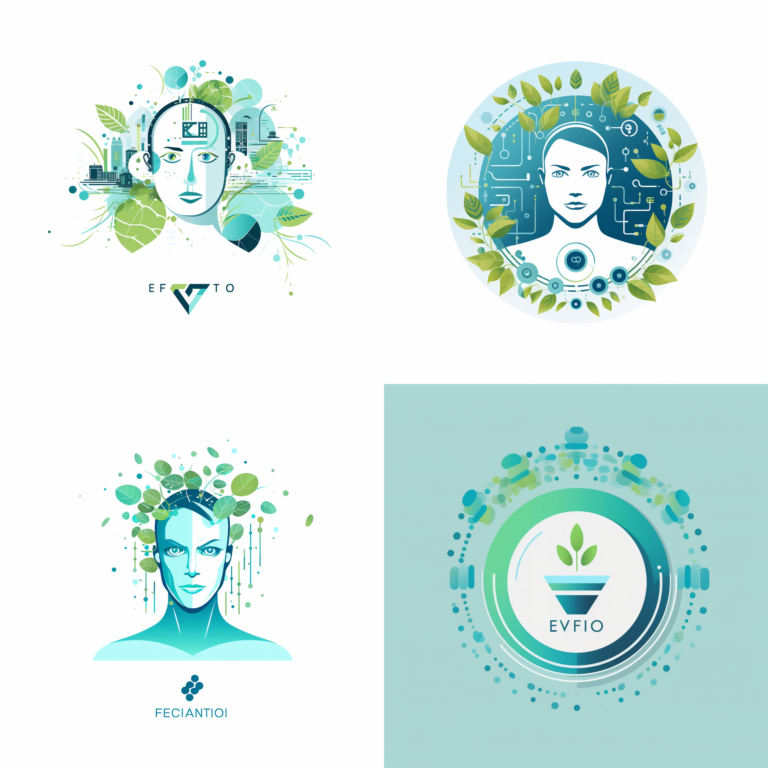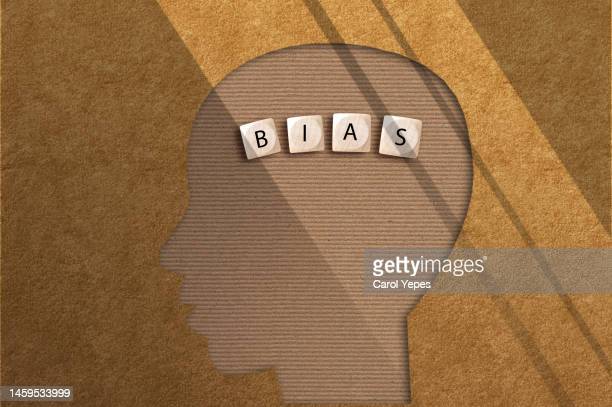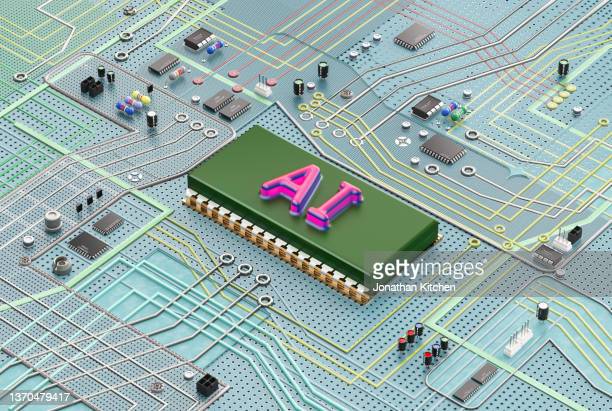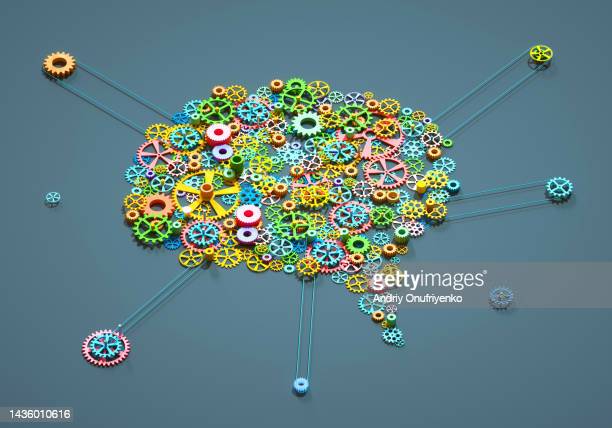“The Impact of Artificial Intelligence on the Future of Work: Opportunities and Challenges”

“Artificial Intelligence is not just a technological advancement; it’s a transformative tool that, when guided by ethical principles, has the potential to reshape our world for the better.” 1. Introduction Artificial Intelligence (AI) has rapidly evolved from a futuristic concept…











